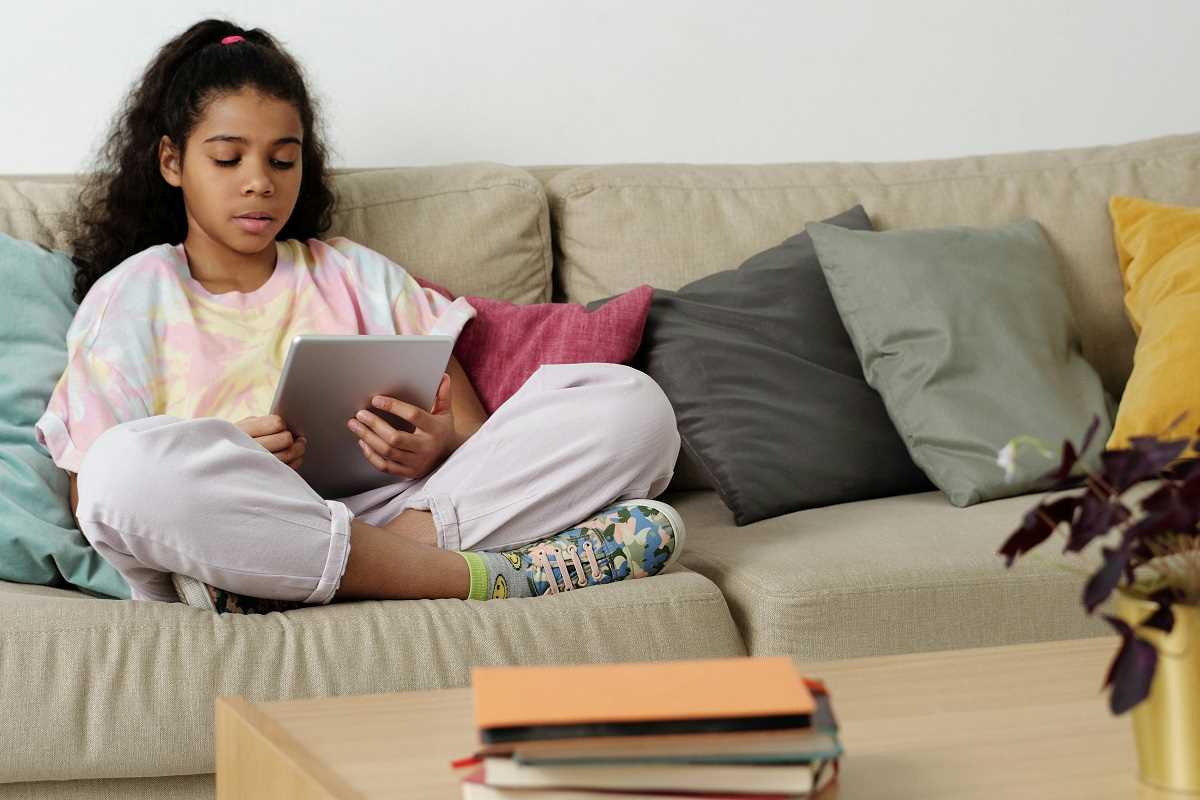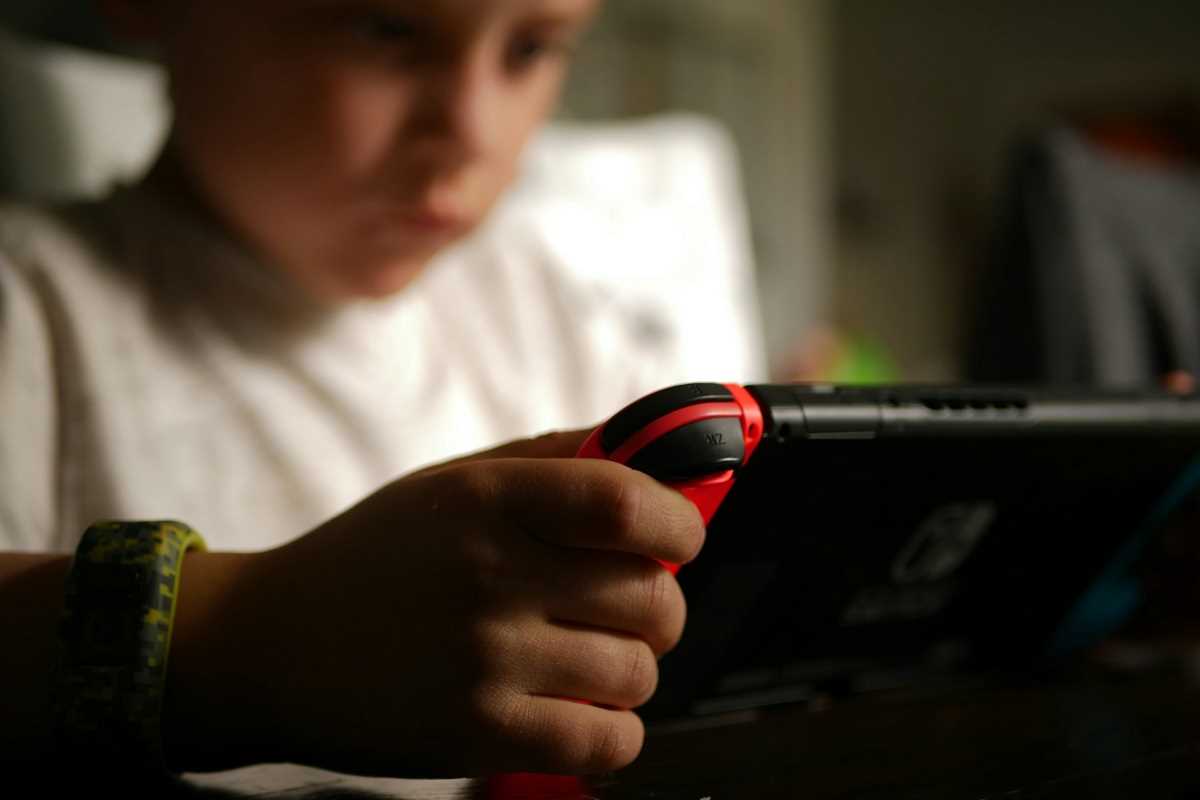Parenting has always been a wild ride, but raising kids in the digital age? That’s a whole new level of chaos. Gone are the days when the only “community” your kids hung out with was the neighborhood crew on their bikes. Now, kids are building friendships with people they’ve never met IRL (in real life, for you non-digital natives). They're joining online communities—from gaming forums to TikTok trends—and navigating a digital world we couldn’t even imagine when we were young.
It’s not all doomscrolling and cyberbullying out there, though. Online communities can bring a world of opportunities for our kids—if we handle it right. But how do we guide them without morphing into “that” parent who either spies on everything or yells “No more screens!” every other hour? Buckle in, because we’re about to explore the ups, downs, and everything in between of raising kids in the age of online communities.
The Double-Edged Sword of Being Online
First, let’s get real for a second. The internet can be amazing. Kids can get help with math homework (hello, YouTube tutorials), discover new hobbies (looking at you, DIY slime videos), and even build lifelong friendships with people halfway across the world. Online communities can give children a sense of belonging, especially if they don't feel like they “fit” in their school or neighborhood. Whether it’s a Minecraft server, a Reddit group for budding artists, or a Discord channel about baking, these spaces can inspire creativity, encourage collaboration, and foster confidence.
But—big but—there’s also the other side of this shiny digital coin. Being part of online communities can expose kids to bullying, misinformation, and even predators. It’s not just the big bad strangers we used to warn about; it’s also the subtle pressure to be perfect, to gain likes, and to measure success by views and follower counts. Plus, navigating these platforms takes a level of tech-savviness and emotional maturity most grown-ups don’t even have yet. (Anyone else still accidentally double-tap when doomscrolling Instagram? Just me?)
This is where you, the parent, come in. Your job is less about being a digital dictator and more about being a guide, a translator, and, sometimes, a therapist.
Challenges Parents Face in the Digital Realm
#1 The Ever-Changing Tech Landscape
Just when you think you’ve figured out Snapchat, your kid’s already moved on to Discord. Staying up-to-date with every new app, game, or platform is exhausting. Not to mention, what you think is innocent could be anything but. For example, did you know that some online multiplayer games have chat options where strangers can message your kids? Yep. It’s a lot.
#2 The Sneaky World of Algorithms
Algorithms are kind of like sugar. A little is fine, but too much can break you (or in this case, immerse your kids into a spiraling abyss of junk content). These algorithms feed content based on what your kid likes or watches. If they start watching harmless prank videos, they might soon be served “extreme pranks” that cross boundaries. Before you know it, they’re knee-deep in content that makes you want to hide every device in the house.
#3 The Fear of Overstepping
You want to protect your kid from the dangers of the internet, but you also don’t want to invade their privacy or micromanage every click and swipe. Striking the balance between giving them freedom and making sure they're safe is #ParentingChallenge2023.
#4 Screen Time Battles
Remember when TV was the most screen-related fight we had? Now it’s YouTube, Instagram, and yes, even digital homework. Balancing screen time to make room for outside play, family dinners, and—dare we hope?—sleep feels almost impossible.
How to Keep Your Sanity and Raise Well-Adjusted Digital Kids
Start Talking Early (And Often)
If your kid is old enough to pick up a tablet, they’re old enough to start learning the basics of being a good digital citizen. Forget the formal “When we talk about the internet…” speeches; make it casual. Ask them about their favorite apps or what they like about their favorite YouTube star. Don’t wait until something bad happens to start the conversation. Kids are more likely to listen to your advice if they don’t feel like it’s tied to a lecture on what not to do.
Set Boundaries That Evolve
Rules about screen time are important, but they’ll need to grow with your child. What works for a six-year-old won’t cut it for a 13-year-old. You might start with basic rules like, “No YouTube during dinner” and move into more nuanced ones like, “You can have TikTok if you show me the features and we talk about privacy settings.”
One golden rule everyone should have? Devices stay out of bedrooms overnight. Trust me, even the best kid is more likely to sneak-watch one more hour of YouTube when there’s no one around.
Be Their Guide, Not Their Helicopter
You wouldn’t drop your kid off in a new neighborhood without showing them where to go and what to avoid, right? Think of the internet the same way. Teach them about online scams, the importance of passwords, and why sharing personal information is a no-no. But once they understand, give them some room to make decisions. Remember—they’re practicing for the day when you’re not there to hover.
Model Healthy Tech Habits
Yeah, I know. Ouch. But kids learn by watching you. If you’re constantly scrolling TikTok during family time, it’s hard to enforce “device-free dinners.” Set the tone by showing that tech is a tool, not a crutch. Put your own phone down sometimes. (We’ll suffer together, I promise.)
Encourage Balance
Joining an online community is fine—great, even—but make sure it’s not their only space for connection. Encourage activities that happen offline, like sports, dance classes, family game nights, or just good old tree-climbing. The goal is to make their digital life one part of a full, balanced childhood.
Stay Curious and Non-Judgmental
If your kid comes to you with a problem—whether it’s a mean comment on their post or something they've seen online—they need your support, not a lecture. Even if you’re freaking out inside (“You clicked on what?!”), keep your cool. Approach them with curiosity instead of punishment, so they’ll feel comfortable coming to you again next time.
Raising kids in the digital world isn’t about keeping them off the internet—it’s about teaching them how to be on it. Online communities can be amazing places for learning, sharing, and growing, but they need some guidance to make the most of them without falling into the pitfalls.
It’s messy. It’s more work than we signed up for when we imagined parenting. But when you approach it with empathy, understanding, and just a touch of surveillance, you can help your kids move through this wild digital world safely—and maybe even thrive. We might not have grown up in this world, but with a little patience (and a lot of coffee), we’ve got this.
 (Image via
(Image via





